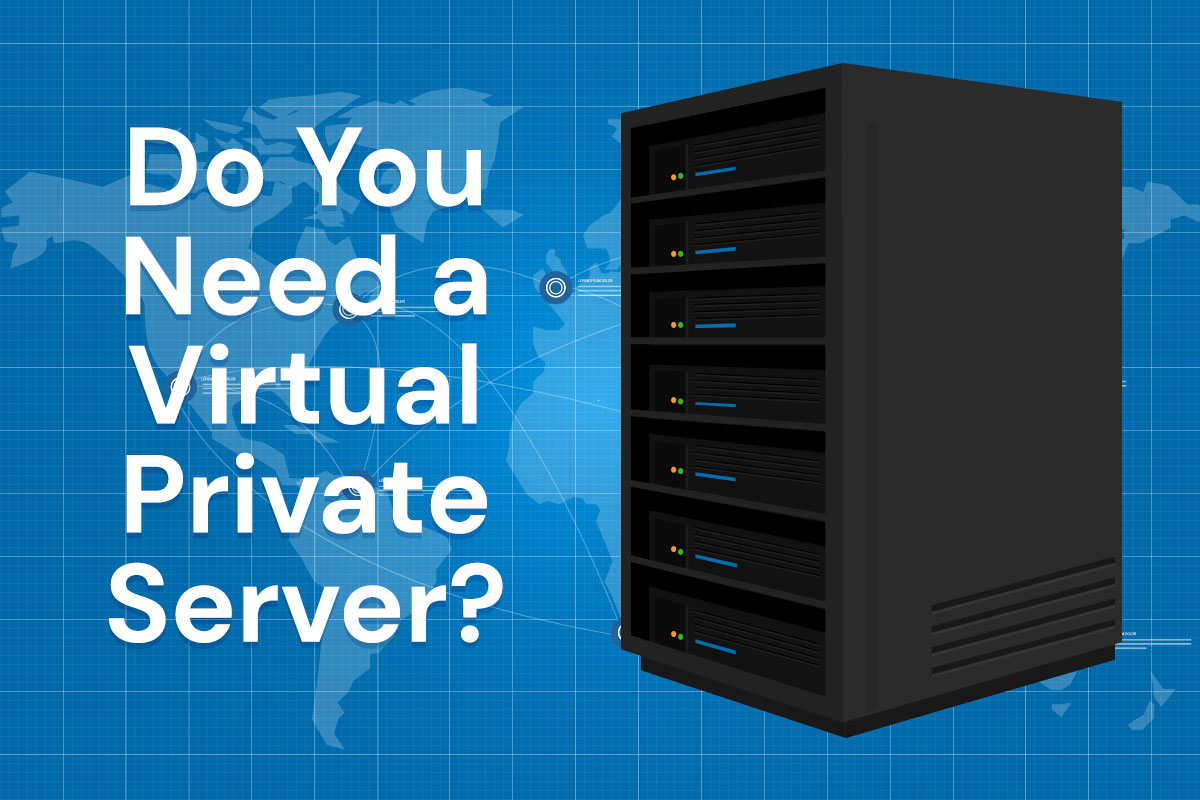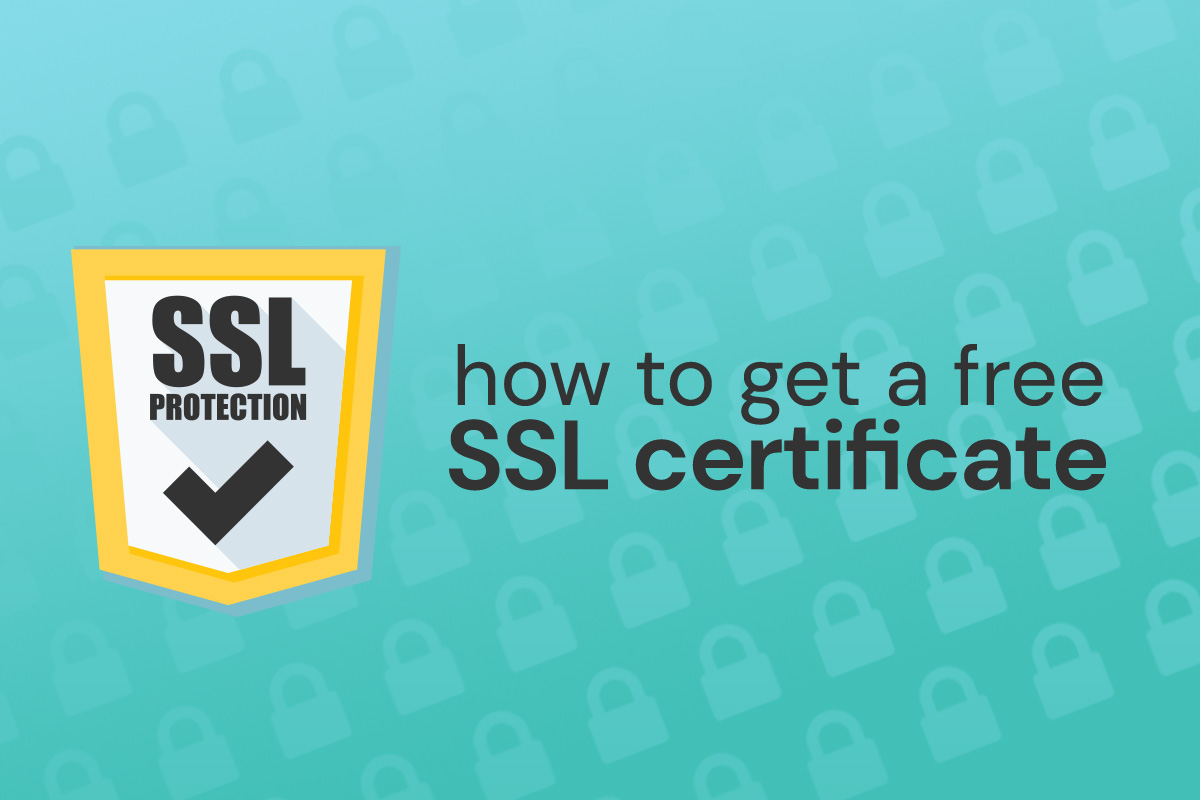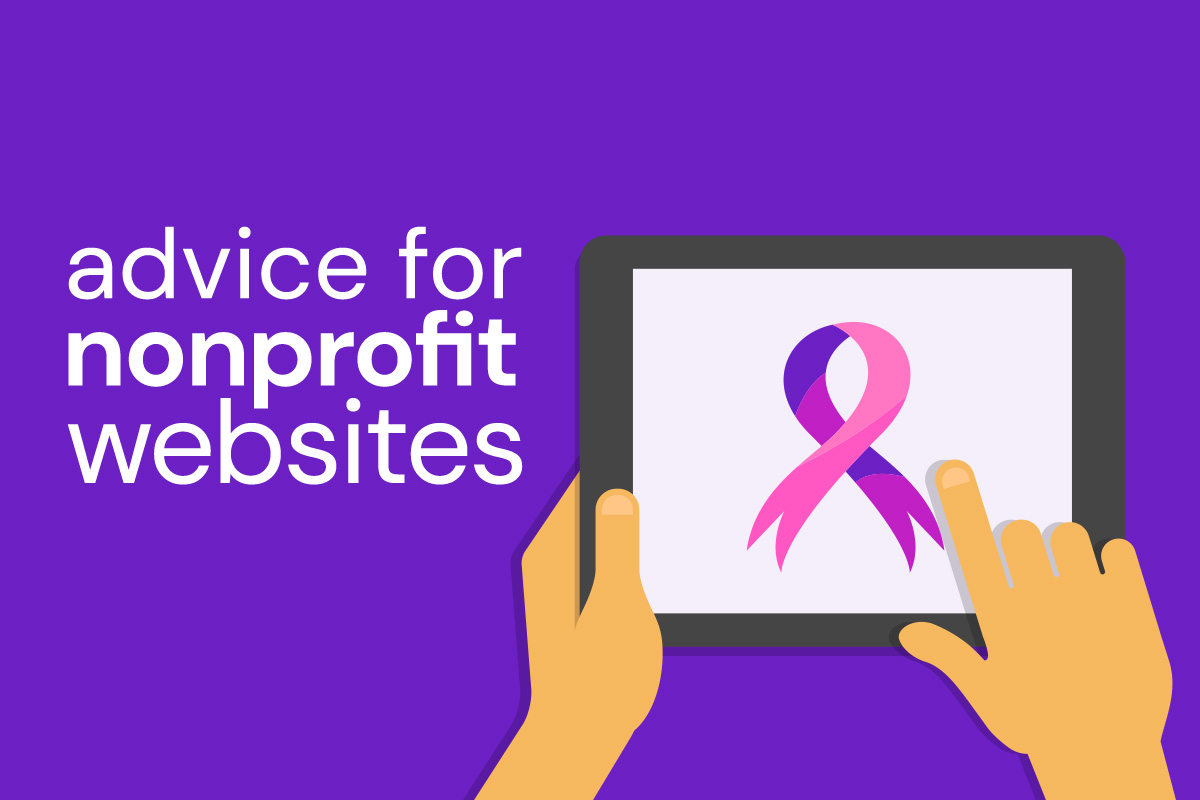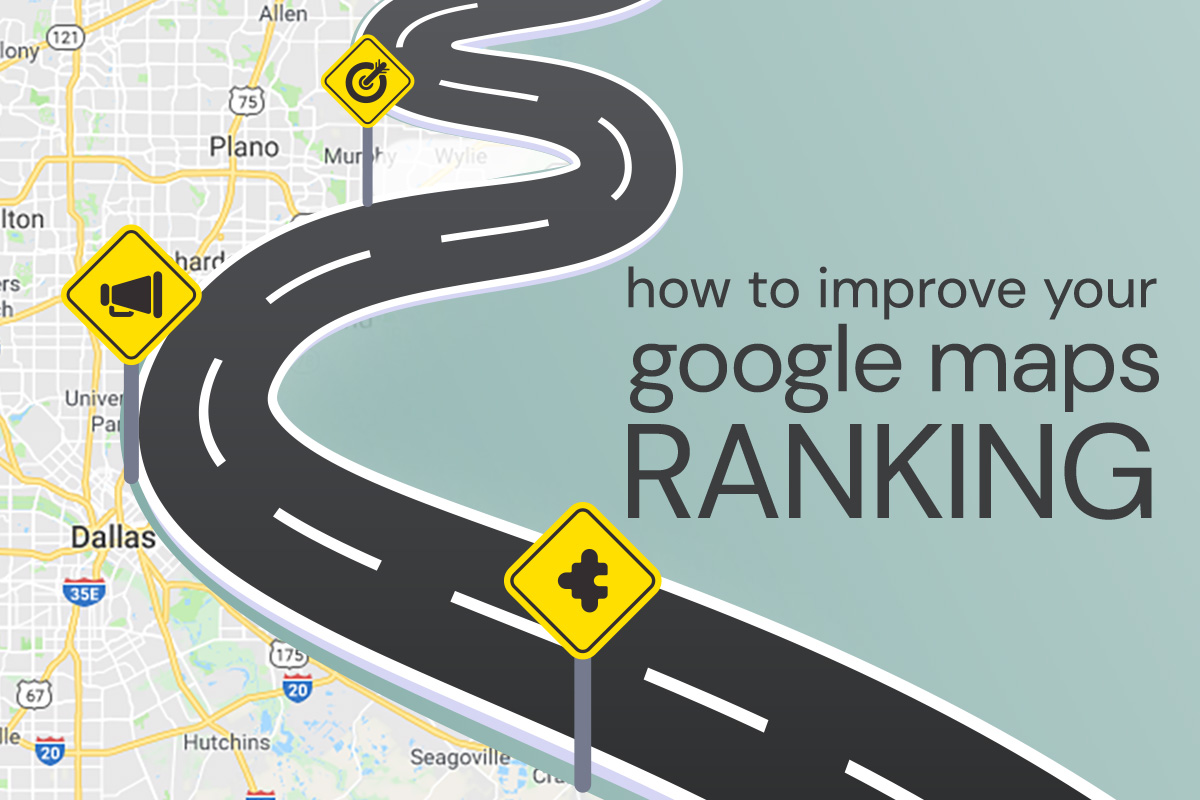If you have a website currently, you are probably used to paying under $10 a month for hosting it. The reason why it’s so inexpensive is that it’s a “shared” hosting package, which means that your web host (whether it’s GoDaddy or Hostgator or Network Solutions) is running as many websites as they can on one of their servers. Sometimes these other websites sharing your CPU and RAM are low-traffic, single pagers. Sometimes, they’re e-commerce stores with hundreds of visitors a day, hogging the server’s resources. But moving to your own server can seem like a steep upgrade. Even at a low-cost provider like GoDaddy, a dedicated server is a minimum of about $80 per month—on sale. But there is an alternative that can strike a balance that allows you more freedom to manage your server’s resources while costing less than a dedicated server: a virtual private server, or VPS.
Types of Websites that Need a VPS
Here are some situations where you might do well to upgrade your shared hosting plan to a VPS—at minimum. These types of scenarios might require a dedicated server, but it’s a good idea to consult with an I.T. professional to see if a VPS is adequate for your needs before committing to the higher cost of maintaining your own server.
- You are running an e-commerce store.
- You are running some kind of membership portal or forum in which multiple users might be using the website at once.
- You anticipate a signigicant increase in traffic (you’re going to be featured in a magazine or television show).
- You plan to work with confidential/secure data.
- You need to host multiple sites, blogs, or applications.
- You are using your server to host email and have multiple email users working from the same office (i.e., they’re using the same IP address to connect to email.
- You are using your server for mass emailing (which we actually don’t recommend—we suggest using a third-party vendor like Mailchimp or Constant Contact to handle your email lists and stay compliant with FTC regulations).
The Benefits of VPS Hosting
- It’s less expensive than a private dedicated server.
- There are generally different levels of VPS hosting, so you can choose a plan that best fits your specific circumstances. For example, if you’re dealing with confidential data, but you don’t have a lot of website traffic, you could probably get away with a lower cost VPS plan.
- Many VPS hosting plans are scalable, allowing you to upgrade to a bigger plan if you eventually need more resources.
- You have more control over your virtual private server, and can use scripts that may not be allowed in a shared hosting environment. Your developer can tell you if this is something you need. (This is something we’ve encountered a need for when managing secure data.)
- You still have technical support from the host at most hosting providers. (When you’re dealing with a private server, most often you’re on your own.)
And Now… the Disadvantages of a VPS
Well, because you’re in control of the server, you (or rather your I.T. professional/developer) is responsible for installation, security, and updates. It’s important to work with someone who is comfortable with administering a Linux server, and you should expect to pay a bit more for this type of management.
Furthermore, while a VPS does give you a lot more control over your server resources, remember that this is a VIRTUAL private server, and you are still sharing hardware resources with other VPSes on the same server.
Do you need some help deciding if your website needs to upgrade hosting? Contact us or leave us a comment below!






